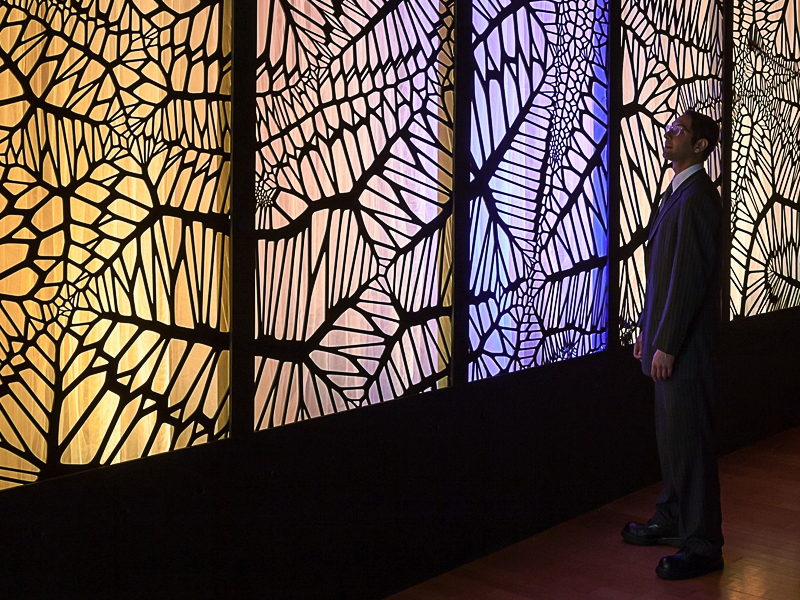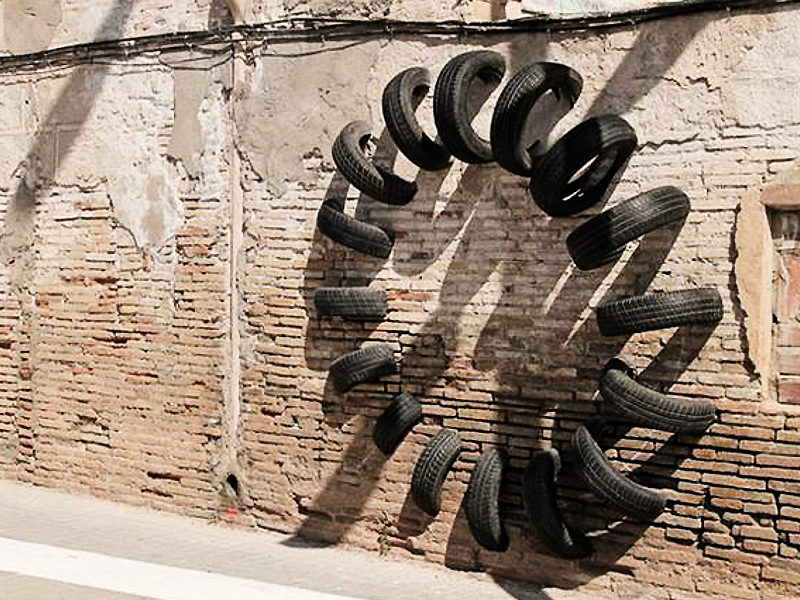
21 Recommendations for CCIs development in Moldova
The table brings together an overarching view of what all of this research has recommended to date. This is by no means comprehensive, but the table attempts to identify if there are unifying, top level and consistent recommendations in Moldova.

Moldovan participants produced more documents than any other Eastern Partnership country involved in the Programme.
According to the Moldovan and international experts over the past six years there is one top priority in Moldova:
-
Management and Leadership Skills
The need for management skills possibly reflects the ease with which Moldovans are able to work in Romania and the EU, which has led to a brain drain. With Romanian the common language it is easy for cultural managers, workers and artists to transfer their skills abroad. A dominant culture sector in a neighbouring country with the same language weakens the ability of smaller countries to develop their own industries and lures away talent. Countries in similar situations (Canada, Belgium, Austria and others) may provide models on how to tackle these problems, especially in the area of retaining talent. Providing a lifelong learning programme for cultural professionals in Moldova may be one solution.
The next group of recommendations all focus on engagement in the sector. They include improving:
-
Collaboration
-
Education and youth engagement
-
State Programmes
The fact that Moldovan trainees produced the most (i.e. six) policy briefs out of all the countries the Programme worked in, shows the commitment of the sector to improving engagement with the private and government sector. The sector has ideas and solutions that it wants to share and the state is interested in hearing them. This is positive. The challenge therefore is joint action and identifying and acting upon shared objectives.
Progress is being made. During the lifespan of the Programme two new state programmes have been developed, and this work must be encouraged and developed in targeted fields. The merger of the Education and Culture ministries in 2017 also opens opportunities.
It is important that collaboration is reflective of all sections of society and this may mean stretching outside of the culture sector and engaging wider groups into the debate. But collaboration could be one of the key solutions to reversing the brain drain.
The next cluster of issues is:
-
HR and public appointments
-
Legislation
-
Communications
While these tools are important, they are of a lower priority than in some other countries. This suggests that they require improvement, rather than fundamental reform. Moldova is the only country to identify (rightly) the need for transparency in public appointments.
One step down the priority rankings are:
-
NGO-State debate on policy
-
Language skills and translation
-
Decentralisation
-
Outsourcing
The two policy areas (debate and decentralisation) are current developments, and work is underway in improving them already. Hence their recognition, but lower ranking. The language issue is two-fold. It concerns both the internationalisation and protection of Moldovan culture. This is a double-edge sword. On the one hand Moldovan cultural managers need English to work in wider networks in Europe and beyond. On the other hand Moldovan cultural products produced in Romanian and Russian need support, promotion and development. Outsourcing the development, financing and monitoring of culture is happening with in the state structure (decentralisation), but not outside it in the private and non-state sectors. Tackling the top priority (management and leadership skills) would be essential for outsourcing to be used more widely.
Finally there is a longer list of other challenges that all come from one report on developing the Creative Industries in Moldova:
-
CCIS research and monitoring body
-
Mapping
-
Joint strategy for CCI development
-
Networks, Clusters and Hubs
-
Promote Crossovers
-
Access to spaces
-
Revise statistics, tax and employment systems
-
Marketing abroad and international collaboration




